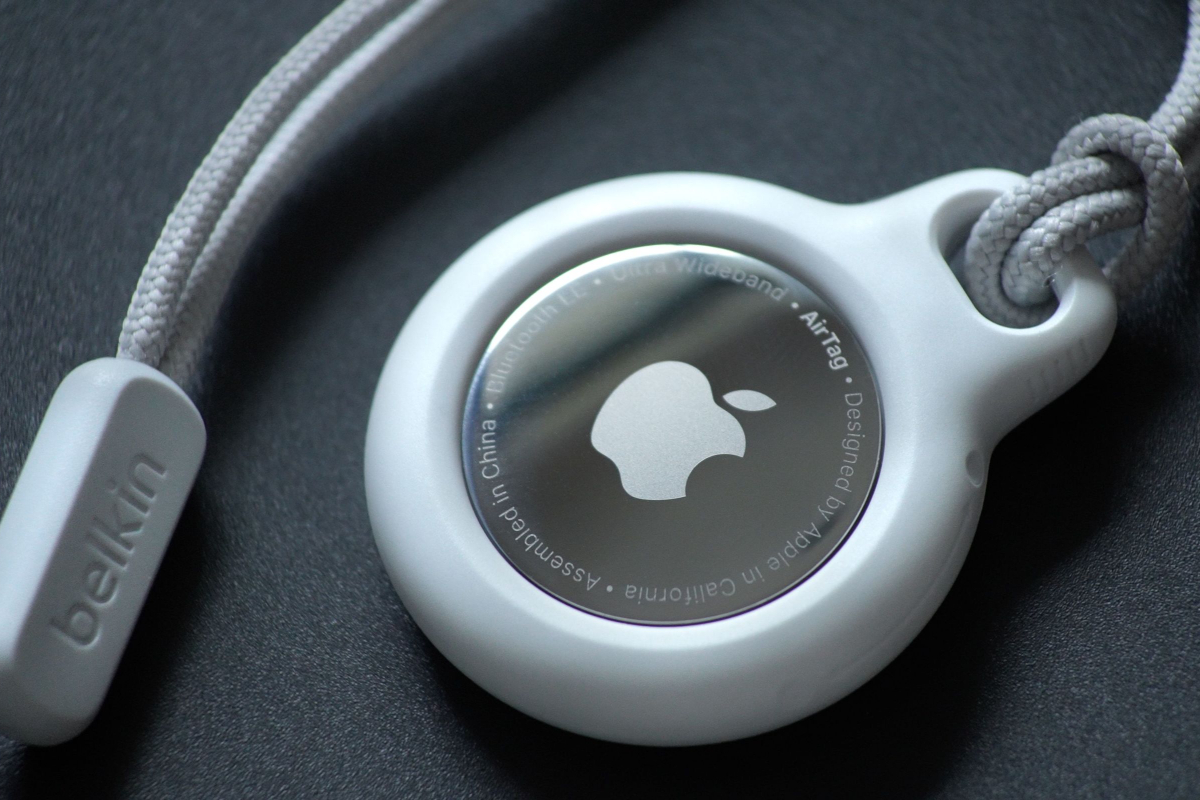Two women have filed a lawsuit against Apple, claiming that their ex-boyfriends used AirTags to track their movements in real-time. The suit alleges that the technology company negligently released a dangerous device and minimized concerns about threats surrounding AirTags while misrepresenting the safety of the product. Since AirTags’ commercial launch, people have complained that they are easy to misuse and enable stalkers to keep tabs on their victims.
“AirTag was designed to help people locate their personal belongings, not to track people or another person’s property, and we condemn in the strongest possible terms any malicious use of our products,” a statement from Apple read.
The lawsuit further claims that Apple recklessly placed AirTags in the hands of stalkers and abusers. It alleges that the company should have foreseen the potential for misuse, adding that Apple was aware of reports of malicious AirTag usage before it released the product. The suit also says that Apple “failed to take reasonable steps to provide consumers with adequate disclosures about AirTag’s threat as a stalking device.”
Apple has taken steps to address safety and privacy concerns related to AirTags since its release. These include an alert when setting up an AirTag informing users that stalking is illegal and law enforcement can access personal information associated with an AirTag owner. However, critics have argued that these measures are not enough and do not adequately protect victims of stalking.
The lawsuit seeks damages related to the alleged misuse of AirTags, including emotional distress and punitive damages. It also demands that Apple take further steps to protect against possible misuses of its product, such as providing an opt-out option for users who do not want their personal information shared with law enforcement or making it more difficult for someone to access AirTag data without authorization. Additionally, the suit asks that Apple provide greater transparency about potential risks associated with using AirTags and impose a waiting period before allowing customers to buy multiple devices at once. If successful, this case could set an important precedent in establishing companies’ responsibility when designing products that can be potentially used for illicit activities.


